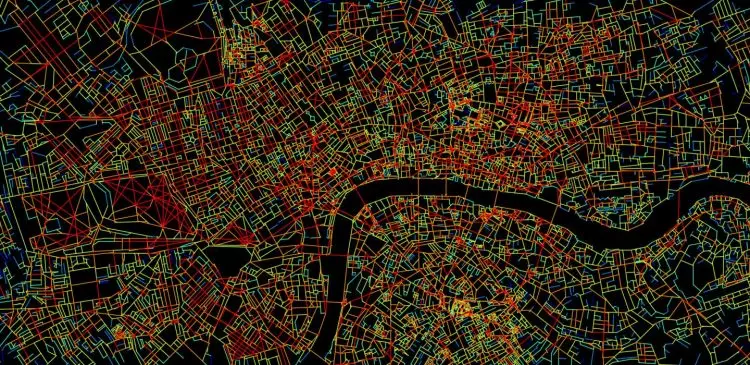The study now published by Nature Communications reveals the consequences of excessive use of the navigation system (GPS) while driving.
These days there is no car that does not come equipped with a GPS navigation system, a system that is now also available through any smartphone. Therefore, it is natural that drivers use this tool more and more. But GPS is not just about advantages.To try to discover the effects of using GPS on our brain, researchers at University College London decided to carry out an experiment. A group of volunteers covered (virtually) ten routes on the streets of Soho, London, where five of them had the help of GPS. During exercise, brain activity was measured using an MRI machine.
CHRONICLE: And you, do you also drive to decompress?
The results were overwhelming. When the volunteer entered an unfamiliar street and was forced to decide where to go, the system recorded spikes in brain activity in the hippocampus, a brain region related to the sense of orientation, and the prefrontal cortex, associated with planning.

In situations where volunteers just followed instructions, the system did not observe any brain activity in these regions of the brain. On the other hand, when activated, the hippocampus was able to memorize progress during the trip.
“If we think of the brain as a muscle, then some activities, like learning the London street map, are like weight training. All we can say about the result of this study is that we are not working on those parts of our brain when we rely only on the navigation system.”
Hugo Spiers, study coordinator
So you already know. The next time you're tempted to follow the GPS instructions to the letter unnecessarily, you'd better think twice. Also because the GPS is not always correct…
